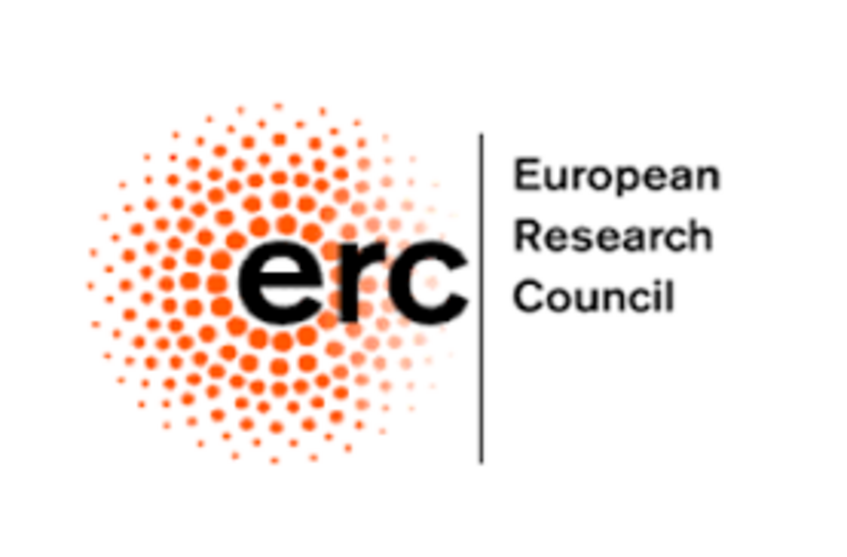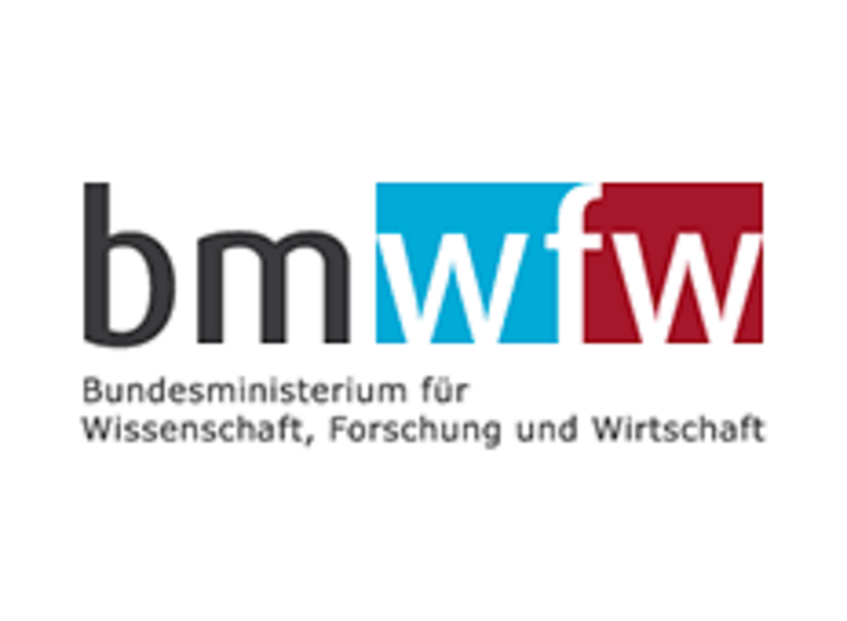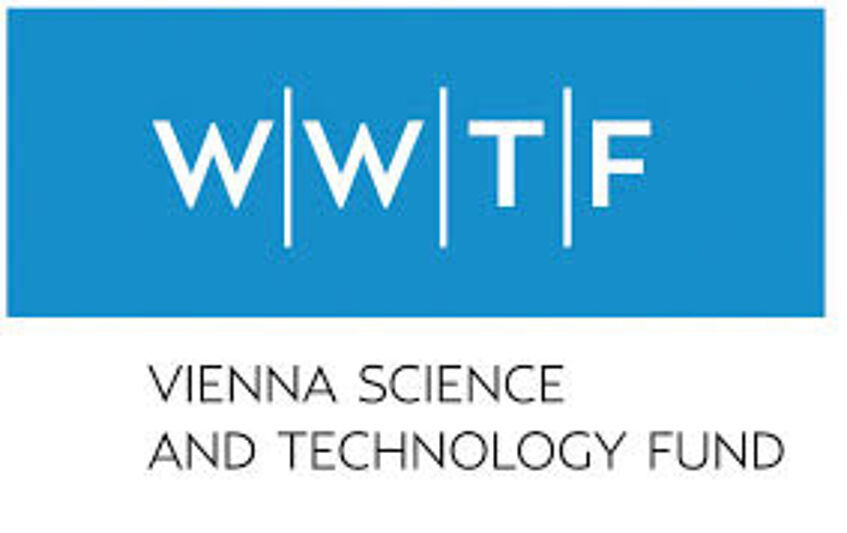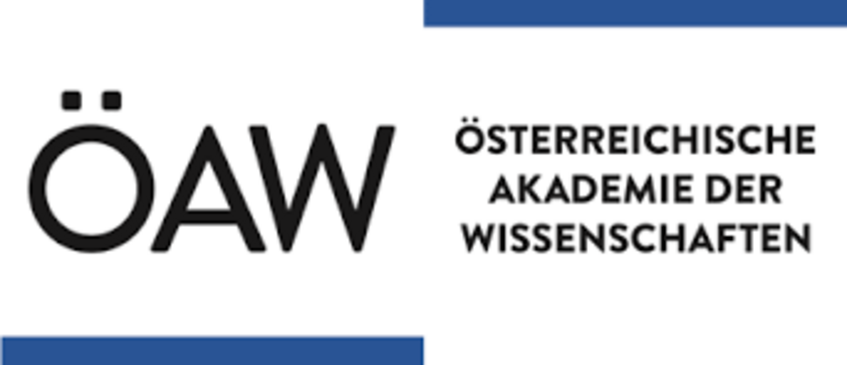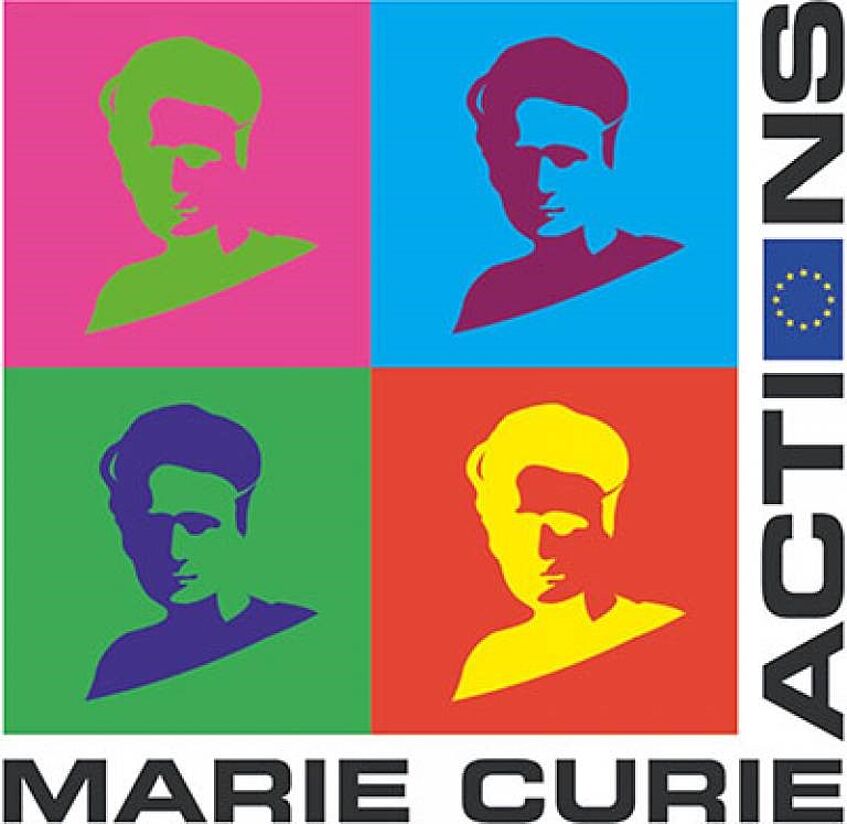Funding and Research Support
Throughout the years, our research has been supported by several national and international grant agencies, such as the European Research Council (ERC), the EU Horizon Europe and FP7 framework (including Marie Skodlowska-Curie actions), the Austrian Science Fund (FWF; see Forschungsradar for an overview of FWF funded projects), the Vienna Science and Technology Fund, the Federal Ministry of Science, Research and Economy, the Austrian National Bank Anniversary Fund, the Austrian Academy of Sciences, and – last but certainly not least – the University of Vienna (several intramural grants).
We are currently hosting or co-hosting several projects funded by the Austrian Science Fund FWF, Horizon Europe (Marie Skodlowska-Curie action), and the Wiener Wirtschaftsagentur (Vienna Business Agency). From the FWF, this includes two stand-alone projects (The role of incentives and uncertainty in prosocial behaviour, with Claudia Massaccesi; "The influence of human attitudes on canine behavior", with Friederike Range, Vetmeduni Wien), two ongoing international collaboration projects ("The effects of stress on human social behavior" with Christian Ruff from the University of Zurich; "Self-other distinction in borderline personality disorder", with Ekaterina Pronizius), and four ESPRIT postdoctoral projects ("Dopamine and precision weighting of social signals", with Bianca Schuster; "Networks of the social brain. Connecting dog to human social brain function using comparative neuroimaging", with Raul Hernandez; "The Association Between Stress and Social Decision-Making", with Jonas Nitschke; "Mentalizing and Episodic Memories (MEMES)", with Achiel Fenneman).
Lab head Claus Lamm is a faculty member in two interdisciplinary doctoral education and training programs, the FWF-funded doctoral college Cognition and Communication and the Horizon Europe funded Interdisciplinary Perspectives on the Politics of Adolescence & Democracy. Using intramural fundings, we also continue our work on dog and comparative neuroimaging ("Convergent evolution of the social brain? A comparative dog-human fMRI approach", with Ludwig Huber, Vetmeduni Wien, see ccnu.univie.ac.at), and the neurochemical and psychoneuroendocrinological underpinnings of social behavior (continuing the work initiated by the late Christoph Eisenegger) .
We are moreover hosting one out of only two uni:docs CoBeNe Ph.D. scholarships, where Moana Drüe works on research questions in the domain of environmental social neuroscience. We are also hosting an industry-research partnership project funded by the Wiener Wirtschaftsagentur "D.App: a novel mobile assessment solution for depression", where we collaborate with a start up company funded by SCAN-Unit associate Nace Mikus.
Finally, as of 2025, we are part of two FWF-funded Clusters of Excellence, which are THE top frontier research initiatives in the Austrian funding landscape. They enable groups of researchers at Austrian research institutions to achieve outstanding cooperative research. One is the "Excellent Brains" (Neuronal Circuits in Health and Disease) consortium, with lab head Claus Lamm as a Key Researcher. This collaborative effort by over thirty research teams in Austria will study the development and function of inhibitory neurons in the brain and uncover their role in neuronal diseases such as schizophrenia, autism and epilepsy. The other one is the Microbiomes Drive Planetary Health cluster, with Associate Member Isabella Wagner as a Key Researcher. In this Cluster, scientists from various disciplines and seven different research institutions are working to decipher common basic principles of environmental and human microbiomes.
Last but not least, our Lab Alumna and Associate Member Isabella Wagner received an ERC Starting Grant very recently - we are immensely proud of her and her stellar research.
All in all, we have obtained > 15 m€ in funding so far to support our research. We are VERY grateful to the funding agencies and, ultimately, the tax payers for their continuing trust in our work. We try to pay it back by thriving to make substantial contributions to both science and society.

